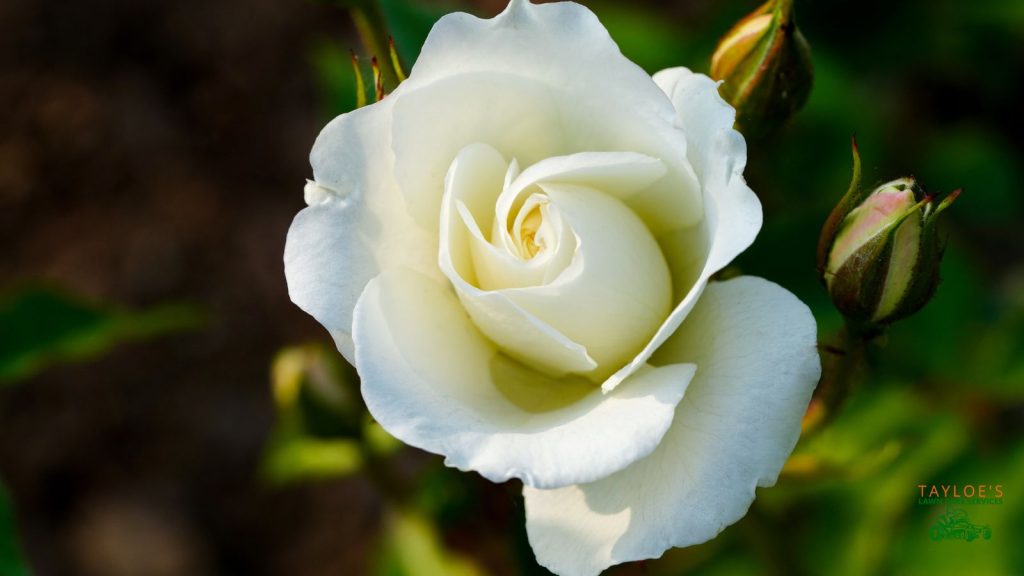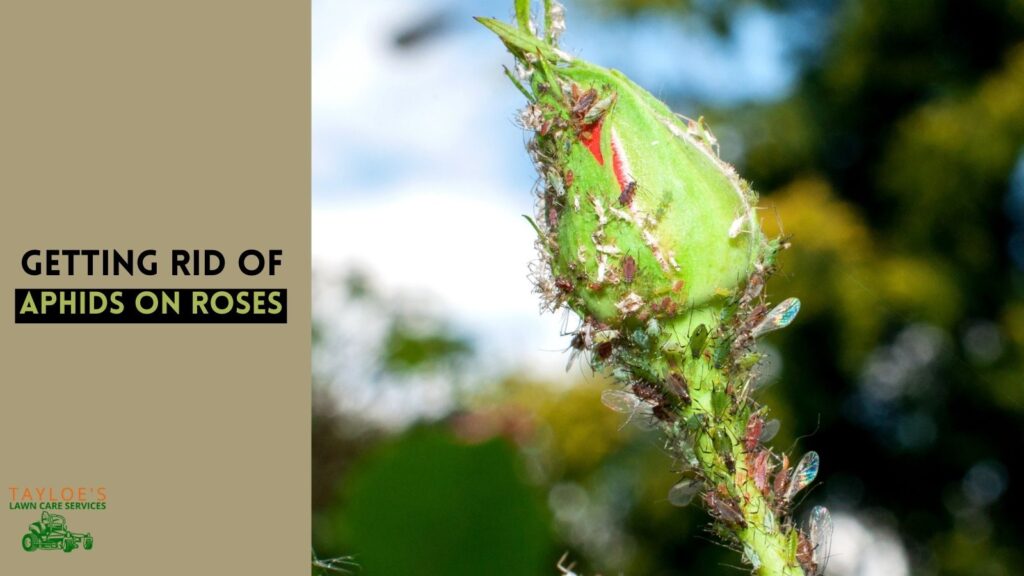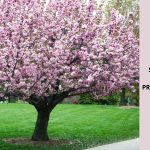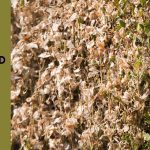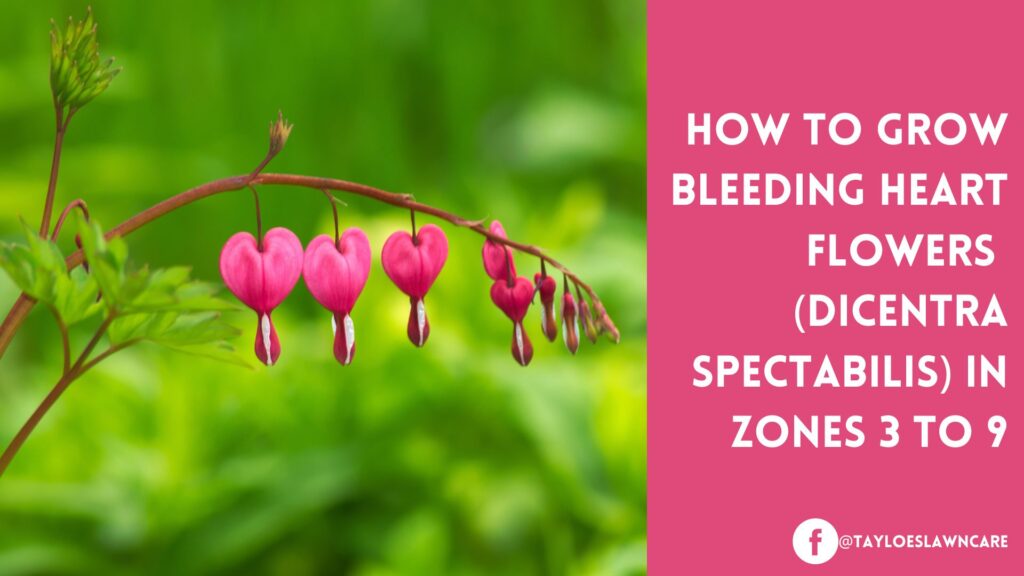Last Updated on: 12th March 2025, 09:19 am
Learn why these shrub roses remain so popular today.
At Tayloe’s Lawn Care Services, we get a lot of questions about roses—especially the John F. Kennedy rose, with its crisp white blooms and elegant form. If you’ve ever seen one in a yard, you know why folks love this variety – both for its moderate fragrance and the classy appearance.
Bred to honor of President John F. Kennedy, who was born in Brookline, Massachusetts, and tragically died in Dallas, Texas, this rose has a special place in American history. Introduced in 1965, just a few years after his passing, it was created to capture the grace and dignity of our nation’s 35th president. The JFK rose is still one of the most beloved hybrid tea roses for home gardens with its classic, high-centered white flowers and deep green foliage.
Like many hybrid tea roses, getting the best out of these beauties takes some know-how. Today, we’ll cover everything that makes a JFK rose special. You’ll also read how to keep it looking sharp all season long.
What Is a John F. Kennedy Rose?
Rosa ‘John. F. Kennedy’ is a hybrid tea rose, with pure white blooms that open into large, classic-shaped flowers. This rose grows upright and bushy, reaching about 3 to 5 feet tall when mature.
The flowers are fragrant, with a light, sweet scent that makes them perfect for cutting and bringing indoors. Their dark green, glossy foliage contrasts beautifully with the white flowers, giving the shrub a polished look even when it’s not in full bloom.
The Timeless Appeal of Hybrid Tea Roses
Hybrid tea roses like the JFK are prized for their large, single blooms on long stems, which makes them popular in floral arrangements and gardens alike. If you picture a fragrant rose you’d give on Valentine’s Day, you’re probably picturing a hybrid tea.
These roses tend to bloom repeatedly throughout the season, from late spring into fall, offering a steady show of color and fragrance when properly cared for.
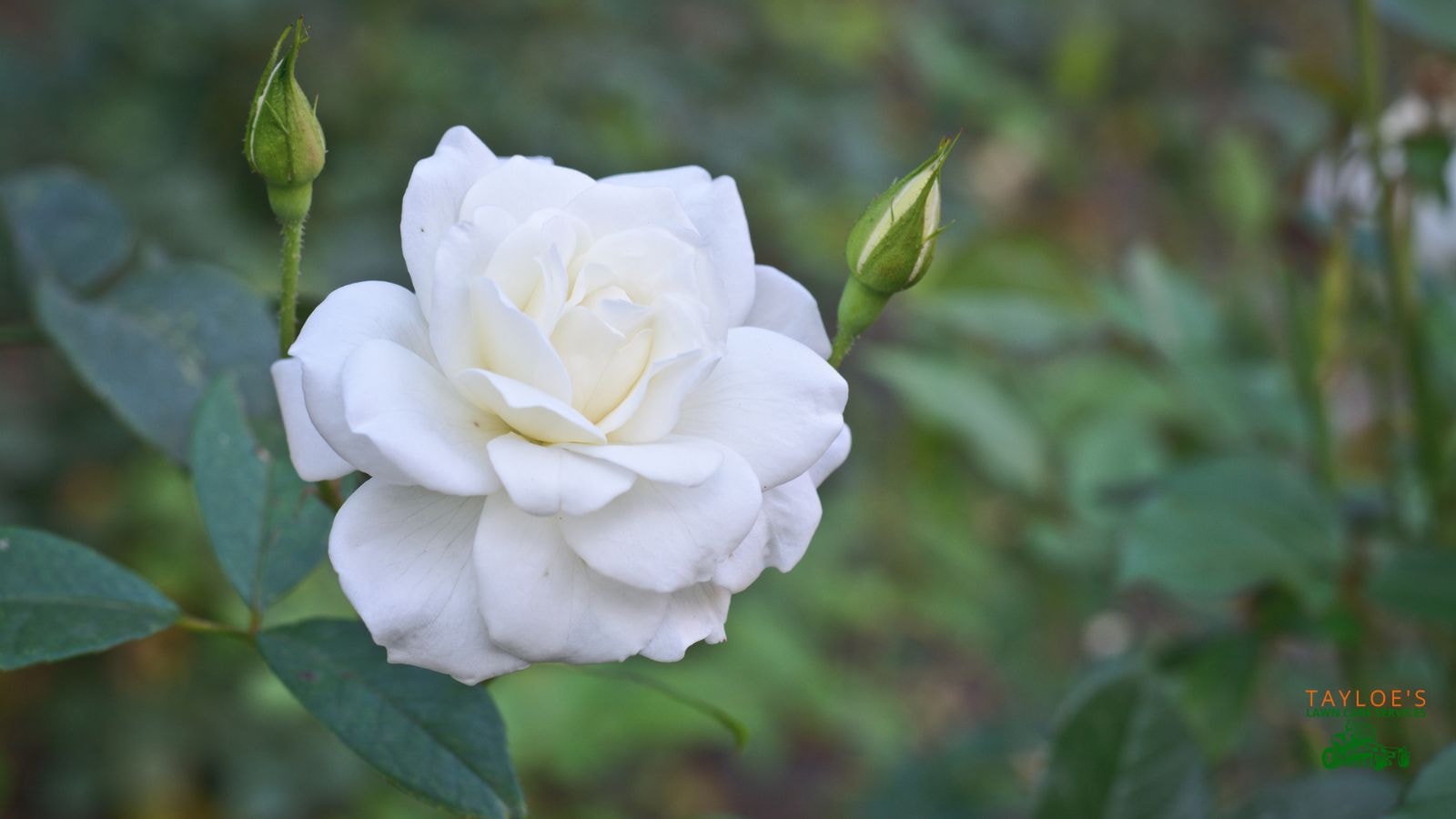
Why Are Hybrid Tea Roses So Hard to Grow?
We won’t sugarcoat it—hybrid tea roses are a little high-maintenance. They’re more prone to issues like black spot, powdery mildew, and pests (looking at you, aphids and Japanese beetles). Plus, they need regular pruning, fertilizing, and watering to keep looking their best.
But here’s the thing—the payoff is worth it. Few plants offer the stunning, classic beauty that a well-tended JFK rose does. If you’re willing to put in a little effort, you’ll be rewarded with gorgeous blooms that stop people in their tracks.
Kennedy Roses Are Not Climbing Roses
John F. Kennedy roses are shrub-type hybrid tea roses, not climbers. So, if you’re looking for a rose to grow on a trellis or arbor, choose a climbing rose variety instead. JFK roses are perfect for garden beds, borders, or as a stunning focal point in the yard.
How to Care for John F. Kennedy Roses
Caring for a JFK rose starts with the right spot. They need:
Full sun (at least 6 hours a day of sun)
Well-draining soil with plenty of organic matter
Good air circulation to help prevent disease
Water deeply once or twice a week, depending on the weather, and avoid getting the leaves wet to prevent fungal issues. A 3-inch layer of mulch around the base helps retain moisture and keeps weeds at bay.
Can JFK Roses Grow in Containers?
You can grow a John F. Kennedy rose in a large container, but there are a few things to remember. Hybrid tea roses like JFK need a lot of root space to thrive, so if you go the container route, you’ll want a pot that’s at least 18 to 24 inches wide and deep with drainage holes.
A shrub rose in a pot means you’ll also need to water and fertilize more often since containers dry out quicker than garden beds—especially in the hot weather here in NC. Plus, since roses are heavy feeders, container-grown JFK roses need consistent feeding to keep blooming strong.
If you want the best long-term success, planting JFK roses in the ground gives them room to stretch their roots and helps keep them healthier. But if you’re limited on space or want to keep one on a patio, large containers can work with a little extra care and attention.
When to Prune JFK Roses: Tips for Healthy Growth
Pruning is key to keeping your JFK rose healthy and blooming. The best time to prune is early spring, just as the leaf buds start to swell—usually around March in North Carolina.
Here’s how we approach pruning:
Remove any damaged, dead, or diseased wood or old canes. Be careful not to damage the remaining canes.
If the canes cross, remove one of the old canes to open airflow and keep them strong.
Cut back about one-third of the plant’s height to encourage new growth. If that still seems too tall, you can cut canes about one-third more the next time.
Remove stems at an angle, about 1/4 inch above a bud facing outward (this helps shape the plant and promote airflow).
Throughout the season, deadhead spent roses to encourage additional flushes and to keep them from becoming spindly.
How to Keep JFK Roses Blooming: Fertilizing and Feeding
Hybrid tea roses are heavy feeders—they like to be pampered. We recommend:
A balanced rose fertilizer (look for something like 10-10-10 or a rose-specific blend)
Feed every 4 to 6 weeks from spring through late summer
Don’t fertilize after August, as you don’t want to encourage new growth going into winter. And always water before and after fertilizing to protect the roots.
Common Problems and How to Fix Them: Kennedy Rose Issues
If your JFK rose isn’t looking its best, here are some common issues we see and how to handle them:
Black Spot: Look for black spots on leaves with yellowing around them. Remove affected leaves, clean up debris, and use a rose-safe fungicide if needed.
Powdery Mildew: White powder on leaves means it’s time to improve airflow, avoid overhead watering, and possibly treat with fungicide.
Aphids: Tiny green bugs clustering on new growth. Knock them off with a strong blast of water or use insecticidal soap.
Japanese Beetles: These metallic pests chew on leaves and flowers—handpick in early morning or use traps away from the roses to avoid attracting more.
As far as how disease resistant the John Kennedy roses are, we’d say about medium or average, as long as you give them proper care.
What Is the Rarest Color of Rose? (And Why JFK’s White Rose Stands Out)
The rarest rose color is blue, which doesn’t occur naturally—though breeders have tried to create them. You might also hear about black roses, but those are really just very deep red or purple.
So, while white isn’t the rarest color, JFK’s pure, crisp white blooms have a unique elegance that makes them stand out in any garden. They bring a sense of peace and sophistication you just don’t get with brighter colors.
Companion Plants: What Looks Good with John F. Kennedy Roses?
If you’re thinking about what to plant around your JFK roses, here are some favorites that pair well:
Lavender: Adds color contrast and attracts pollinators
Catmint (Nepeta): Soft purple flowers that bloom around the same time
Salvia: Great for adding vertical interest and color
Low-growing evergreens: Like boxwoods or dwarf hollies for structure
These companions not only look good but can help deter pests and improve garden health.
Can You Grow John F. Kennedy Roses in North Carolina? (Our Local Take)
Absolutely! John F. Kennedy roses are hardy in warmer climates, specifically USDA Zones 6 through 9; they prefer our region over colder areas of the country. They’re an excellent choice for the hot weather Eastern NC. JFK roses do well here, but there are a few things to keep in mind for North Carolina’s heat and humidity:
Choose a sunny, breezy spot to avoid fungal issues
Water early in the day to let leaves dry out
Mulch well to keep roots cool in summer
We’ve helped plenty of clients around Ahoskie, Murfreesboro, and Windsor grow gorgeous JFK roses—so yes, they can thrive here with proper care!
Call Tayloe’s Lawn Care Services for Help with Your John F. Kennedy Rose
If you love the look of JFK roses but don’t love the idea of dealing with bugs, diseases, and pruning, we’re here to help. At Tayloe’s Lawn Care Services, we know what it takes to keep roses healthy and beautiful—because we do it for our clients daily.
Whether you need assistance with planting, regular maintenance, spring pruning help, a soil pH test, or rose bed cleanups, give us a call. We’ll help you get those picture-perfect blooms without the headache. We can also install your Kennedy John roses during the appropriate season.
Call us at 252.287.3376 for a local helping hand for whatever your lawn and garden needs. Be sure to check the blog posts on our website for more garden and lawn info, and be sure to follow us on Facebook.
Author Profile

- Deborah Tayloe is the CEO and co-founder of Tayloe's Lawn Care Services, LLC. She has a B.S.Ed and holds certificates in soil and water management and herbology from accredited programs.
Latest entries
 Lawn CareDecember 29, 2025Commercial winter lawn care is a must
Lawn CareDecember 29, 2025Commercial winter lawn care is a must GardeningSeptember 27, 2025What perennials, shrubs, and trees don’t like fall pruning (and why)?
GardeningSeptember 27, 2025What perennials, shrubs, and trees don’t like fall pruning (and why)? Trees and ShrubsSeptember 14, 2025Fall Shrub Pruning Guide (September–October)
Trees and ShrubsSeptember 14, 2025Fall Shrub Pruning Guide (September–October) Trees and ShrubsApril 22, 2025Boxwood Blight: Early identification and isolation
Trees and ShrubsApril 22, 2025Boxwood Blight: Early identification and isolation

